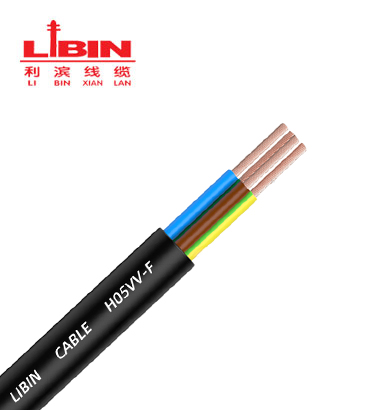In daily life, compared to the flexible cable people have a certain understanding, cable btly and ordinary cable rvv have a certain soft performance, but rvv cable can only be called ordinary cable, flexible cable btly has excellent flexibility, not only good bending performance, but also good shielding function. So what's the difference between flexible cable btly and common flexible cable rvv?
1. Cable conductor: The btly cable is twisted with multiple strands of copper wire and has good bending characteristics. The rvv cable uses copper as the inner core, so the btly cable is more detailed in conductor.
2. Insulation layer: Mineral insulation material is used for btly cable, while pvc is used for rvv cable. There are differences in softness.
3. Cable sleeve: btly cable is made of mineral materials such as magnesium hydroxide or aluminum hydroxide with high temperature and fire resistance, while rvv cable is made of general pvc sheath raw materials.
4. Rated voltage: Rated voltage of btly cable is 0.6/1KV and rated voltage of rvv cable is 300V/500V.

What are the advantages of cable btly:
With fire-resistant, large flow load, hard structure, explosion proof, waterproof, corrosion resistance, long life, safety, high temperature resistance, strong stability, suitable for special grade buildings, first class buildings and super high-rise buildings should be used mineral insulated cable, is also widely used in basic industry and civil construction.
Generally speaking, flexible cables can frequently bend and move, and wear resistance, distortion resistance, bending resistance, acid and alkali resistance and other characteristics have, and rvv is only suitable for fixed assembly site, environmental temperature and bending radius both are different, the service life of flexible cables than ordinary cable factory, So flexible cable btly is better than rvv cable in a certain way.


 Be gentle and firm · Move easily
Be gentle and firm · Move easily
 English
English


